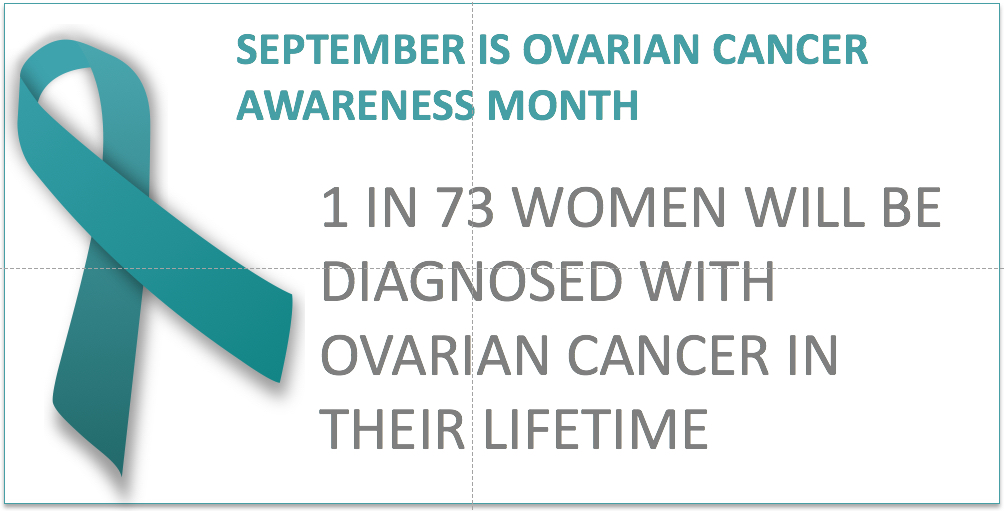 berc/fotolia
berc/fotolia
Are you at risk for a BRCA gene mutation? Your ethnic background may give you a clue as to whether your risk is high or low.
The BRCA1 and BRCA2 genes regulate production of proteins that suppress tumors. If you have a mutation in one or both of these genes, your body may not produce the right protein to suppress tumors, making you more at risk for breast or ovarian cancer.
Approximately 15 percent of all ovarian cancers are found in people with BRCA gene mutations. Both men and women can carry genetic mutations in the BRCA genes that can be passed on to their children.(2)
Research has shown that certain ethnic populations are at higher risk of the BRCA gene mutation. Healthline.com reports the following statistics:
Ashkenazi Jewish Women
This ethnic group has the highest risk for ovarian cancer. Ashkenazi Jews have a 1.2 percent rate of BRCA genetic mutation, which is more than twice that of the general population.
The rate of BRCA mutation is even higher in families with a history of ovarian cancer, at 45 percent of the population.(1)
Caucasian Women
For Caucasians with a family history of ovarian cancer, the BRCA1 mutation is found in 25 to 40 percent of the population, and the BRCA 2 mutation is found 6 to 15 percent of the time.(1)
African Women
Among African-Americans and other people of African descent who have a family history of ovarian cancer, 16.3 percent have the BRCA1 mutation and 11.6 percent have the BRCA2 mutation.(1)
Hispanic Women
In the Hispanic population, women with a family history of ovarian cancer, 16 to 23 percent of people have the BRCA1 mutation.(1)
Asian Women
In Asian families with a history of ovarian cancer, the BRCA1 mutation is found 11.5 percent and the BRCA2 mutation is found 13.2 percent of the time. This ethnic group has the lowest risk of all racial groups.(1)
Other population groups around the world that are at increased risk of BRCA mutations include people of Norwegian, Dutch and Icelandic descent.
If you are a member of one of these ethnic groups and have a family history of ovarian cancer, talk to your doctor about whether genetic counseling and testing might appropriate for you.
This testing can help you know your own risks, and can be useful in predicting the risks for your children and other family members.
Reviewed September 26, 2016
by Michele Blacksberg RN
Edited by Jody Smith
1) Ethnicity and Your BRCA Ovarian Cancer Risk. Healthline.com. Jasmine Nelles. Web. Retrieved September 23, 2016.
http://www.healthline.com/health/ovarian-cancer/ethnicity-and-your-brca-ovarian-cancer-risk#1
2) BRCA1 and BRCA2: Cancer Risk and Genetic Testing. National Cancer Institute. Web. Retrieved September 23, 2016.
https://www.cancer.gov/about-cancer/causes-prevention/genetics/brca-fact-sheet




Add a CommentComments
There are no comments yet. Be the first one and get the conversation started!